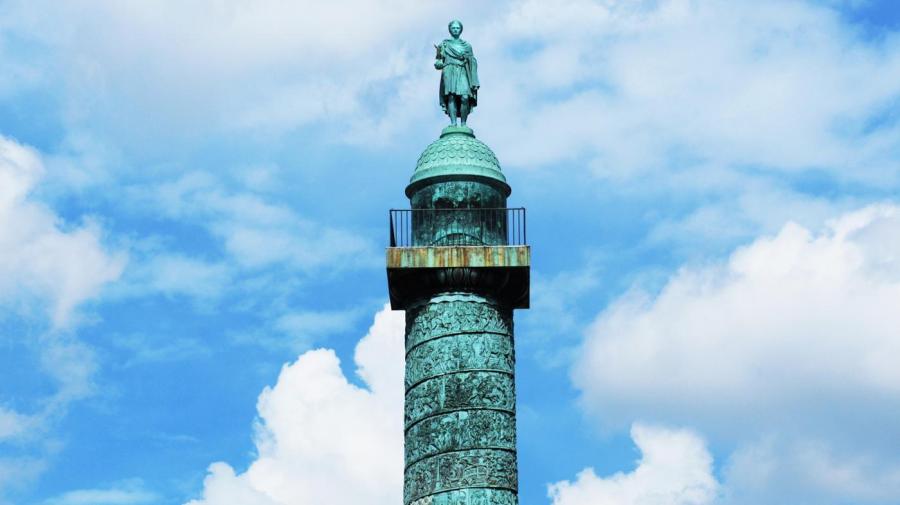What Is Napoleon Bonaparte Famous For?

Napoleon Bonaparte is famous for being a European revolutionary, soldier, statesman and lawmaker. As suggested by Robert Wilde at About.com, he also exhibited some of the first modern dictatorial behavior, silencing political enemies, as well as severely censoring media publications. Within the context of military history, Bonaparte is often remembered and celebrated as one of the most talented and audacious commanders of all time.
According to BBC History, Bonaparte was born on French-held Corsica in 1769, and was sent to France to be educated. Rising up through prestigious French military schools, Bonaparte eventually went into the artillery, gaining skills which he used to great affect at the Siege of Toulon during the French Revolutionary Wars. After that battle, Napoleon’s star rose quickly, and he saw further action in Italy and Egypt. In 1799, Bonaparte took part in a coup overthrowing the weak and corrupt Directory, and became the most powerful man in France under the newly installed Consulate. By 1804, the Revolution was over, and Napoleon was crowned Emperor of the French at Notre Dame Cathedral.
Between 1804 and 1814, Napoleon was at war constantly, repeatedly defeating different combinations of enemies, including the British, Austrians, Russians, Prussians and Swedes. Some of his most famous victories include the Battles of Marengo, Austerlitz, Jena, Friedland, Eylau, Wagram, Borodino and Dresden.
Again according to BBC, he conquered the greater part of Europe, dissolved the Holy Roman Empire, established the national bank of France and instituted widespread legal reforms known as the Napoleonic Code, the effects of which can still be seen across the continent of Europe in the 21st century. As stated by Aish.com, Napoleon, through his conquests, also emancipated much of Western European Jewry.
Ultimately, Napoleon is responsible for exporting liberalism, nationalism and the Enlightenment principles of the French Revolution to the world, but also for abandoning them when he needed them to be subordinate to his own ambitions. Thus, Bonaparte remains one of the most influential, controversial and complex figures in all of modern European history.





